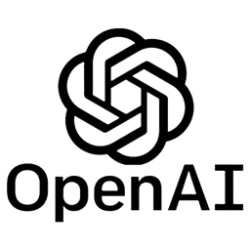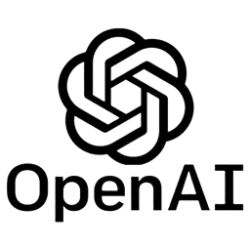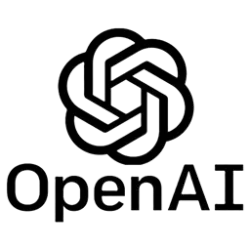OpenAI News:
Today, we’re releasing the first set of building blocks that will help developers and enterprises build useful and reliable agents. We view agents as systems that independently accomplish tasks on behalf of users. Over the past year, we’ve introduced new model capabilities—such as advanced reasoning, multimodal interactions, and new safety techniques—that have laid the foundation for our models to handle the complex, multi-step tasks required to build agents. However, customers have shared that turning these capabilities into production-ready agents can be challenging, often requiring extensive prompt iteration and custom orchestration logic without sufficient visibility or built-in support.
To address these challenges, we’re launching a new set of APIs and tools specifically designed to simplify the development of agentic applications:
- The new Responses API(opens in a new window), combining the simplicity of the Chat Completions API with the tool use capabilities of the Assistants API for building agents
- Built-in tools including web search(opens in a new window), file search(opens in a new window), and computer use(opens in a new window)
- The new Agents SDK(opens in a new window) to orchestrate single-agent and multi-agent workflows
- Integrated observability tools(opens in a new window) to trace and inspect agent workflow execution
Introducing the Responses API
The Responses API is our new API primitive for leveraging OpenAI’s built-in tools to build agents. It combines the simplicity of Chat Completions with the tool-use capabilities of the Assistants API. As model capabilities continue to evolve, we believe the Responses API will provide a more flexible foundation for developers building agentic applications. With a single Responses API call, developers will be able to solve increasingly complex tasks using multiple tools and model turns.To start, the Responses API will support new built-in tools like web search, file search, and computer use. These tools are designed to work together to connect models to the real world, making them more useful in completing tasks. It also brings with it several usability improvements including a unified item-based design, simpler polymorphism, intuitive streaming events, and SDK helpers like <span>response.output_text</span> to easily access the model’s text output.
The Responses API is designed for developers who want to easily combine OpenAI models and built-in tools into their apps, without the complexity of integrating multiple APIs or external vendors. The API also makes it easier to store data on OpenAI so developers can evaluate agent performance using features such as tracing and evaluations. As a reminder, we do not train our models on business data by default, even when the data is stored on OpenAI. The API is available to all developers starting today and is not charged separately—tokens and tools are billed at standard rates specified on our pricing page(opens in a new window). Check out the Responses API quickstart guide(opens in a new window) to learn more.
What this means for existing APIs
- Chat Completions API(opens in a new window): Chat Completions remains our most widely adopted API, and we’re fully committed to supporting it with new models and capabilities. Developers who don’t require built-in tools can confidently continue using Chat Completions. We’ll keep releasing new models to Chat Completions whenever their capabilities don’t depend on built-in tools or multiple model calls. However, the Responses API is a superset(opens in a new window) of Chat Completions with the same great performance, so for new integrations, we recommend starting with the Responses API.
- Assistants API(opens in a new window): Based on developer feedback from the Assistants API beta, we’ve incorporated key improvements into the Responses API, making it more flexible, faster, and easier to use. We’re working to achieve full feature parity between the Assistants and the Responses API, including support for Assistant-like and Thread-like objects, and the Code Interpreter tool. Once this is complete, we plan to formally announce the deprecation of the Assistants API with a target sunset date in mid-2026. Upon deprecation, we will provide a clear migration guide from the Assistants API to the Responses API that allows developers to preserve all their data and migrate their applications. Until we formally announce the deprecation, we will continue delivering new models to the Assistants API. The Responses API represents the future direction for building agents on OpenAI.
Read more:










